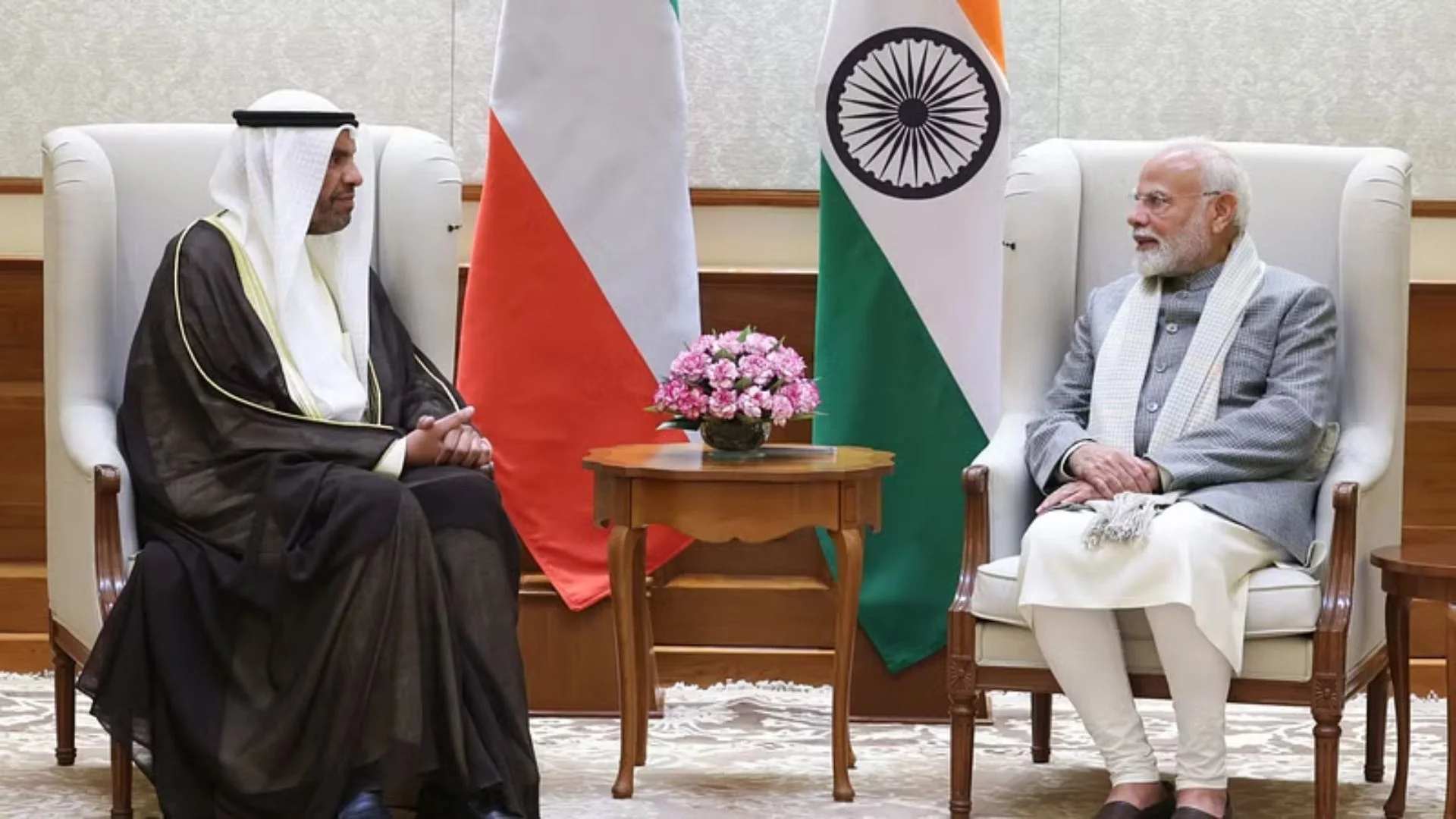The next time you move from sugar to honey ostensibly to cut your calorie intake, you might as well be getting a bottle of sugar syrup, which is what the commercially produced honey in the country have been proved to have in abundance by the investigations carried out by the Centre for Science and Environment (CSE).

For a country famous for centuries as the land of milk and honey, this is a disconcerting truth. A busy, productive population of bees is a sign of a healthy ecosystem. These are the busybodies who cross-pollinate both agricultural and flowering plants, enabling them to multiply, and provide real honey to tribal communities. The worrying part is that their natural population is declining steeply because of the rampant use of chemical pesticides and weed killers in our agricultural communities.
“It raises questions on the health of our ecosystem and on food security,” Sunita Narain, CSE’s Director-General, said at a relevant recent webinar on the subject. “Bees are harbinger species—they indicate the health of our ecosystem. A loss of bees can lead to a collapse of our food system—bees are critical for pollination, and if they die, so will the productivity of our agriculture.” Organised bee-keeping for honey collection is one way to stabilise (and maybe even increase) the population of bees, besides providing a means of employment to the tribal communities that engage in such activities.
The cruel irony is that these communities may be producing uncontaminated honey, but they get neither the right price, nor the marketing support to counter the mega ad budgets of the big honey producers. It is not enough anymore to be a well-wisher of these backward yet knowledge-rich communities, but civil society, research institutions and media organisations must work together to create a national market for these ‘pure’ products.
It was gratifying therefore to see on the webinar panel three people who have been working with communities engaged in bee keeping and honey making. They were Mathew John of the Keystone Foundation and Stan Thekaekara of Just Change India (both from Tamil Nadu) and Tapas Mondal of the Sundarban Jana Sramajibi Mancha (West Bengal). And they exposed the curious standards set for honey in India.
Mathew John said Indian standards have not been devised keeping in mind our indigenous species of bees—we have four of them—but are based on standards that exist in the West for a species that is not indigenous to our country.
“Our standards are not applicable in our own country! Take the case of moisture content in honey: the standard is 20 per cent, but in a country like India, it can range between 23-24 per cent in honey produced by indigenous species,” John said. “The standards for pollen count have been diluted from 50,000 to 5,000, making it easy for sugar syrups to make an entry into this trade,” Stan Thekaekara pointed out. In other words, big business has been given the licence to play with our lives.
Narain also emphasised that Indian standards needed a drastic rethink. “Standard setting for honey must differentiate between processed and community honey—so, perhaps India needs two sets of standards for honey. At the same time, the standards must be strict and closely enforced to dissuade the big companies from playing with our lives,” she said.
Thekaekara said that though the growth of the honey segment had been significant, there is no diversity in the product being sold in the market. “All of them taste and look the same, as opposed to the honey gathered by communities. There is honey and there is real honey—what most people are buying is not real honey. Honey harvested by tribals—the real honey—is expensive because people risk their lives to get it,” Thekaekara added with a lot of feeling.
The market is moving favourably in the direction of such uncontaminated artisanal products. It is in our interest to work towards the creation of many more market outlets for this amazing biodiversity.






